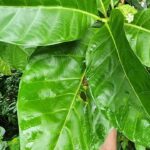
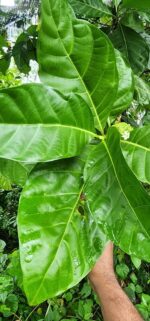


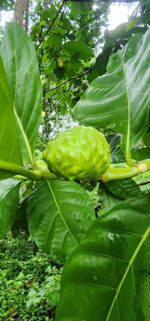
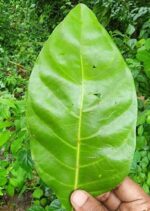

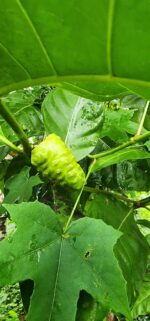
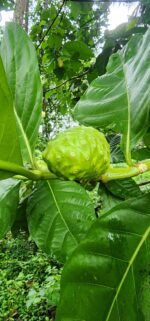
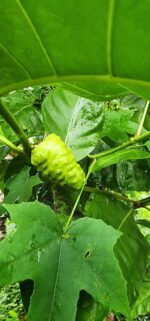
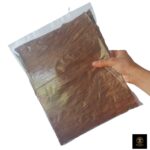
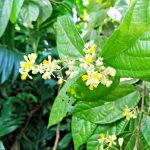
Natural Noni Fruit Morinda citrifolia Dried Leaves Indian Mulberry Leaf – Ceylon Tea
$10.90 – $49.00Price range: $10.90 through $49.00
Noni Fruit Leaves
| leaf |
20 ,50 ,100 Leaves ,1 |
|---|
Benefits of Noni Fruit Herbal Leaves
Anti-inflammatory properties: The herbal leaves of Morinda officinalis possess anti-inflammatory effects, which may help reduce inflammation and alleviate associated symptoms.
Immune system support: The plant’s leaves are rich in antioxidants that can support and strengthen the immune system, promoting overall health and well-being.
Anti-aging effects: Morinda officinalis herbal leaves contain compounds that have been linked to anti-aging effects, helping to reduce the signs of aging and maintain youthful skin.
Digestive health: The leaves of this plant have traditionally been used to promote healthy digestion, relieve indigestion, and improve gut health.
Blood sugar regulation: Some studies suggest that Morinda officinalis leaves may have beneficial effects on blood sugar levels, making it potentially useful for individuals with diabetes or insulin resistance.
Liver protection: The plant’s leaves have been found to possess hepatoprotective properties, which can help protect the liver from damage and support its proper functioning.
How to Use
Herbal Tea
Extracts and Tinctures
Package Included
Dried Morinda citrifolia Leaves with Safety Packaging
Unlocking the Health Benefits of Morinda officinalis Plant | A Comprehensive Guide
Edible parts: Roots, leaves, tender leaves,bark and fruits
English name:
Indian Mulberry
Great Morinda
Cheese Fruit
Mengkudu
Awl Tree
Brimstone Tree
Canary Wood
Other Names
Netherlands: Noni, Nonivrucht
Germany: Noni, Noni-Frucht
France: Noni, Fruit de Noni
Spain: Noni, Fruta de Noni
Italy: Noni, Frutto di Noni , Sweden: Noni, Nonifrukt
France: Noni, Fruit de Noni
German-speaking: Noni, Noni-Frucht
French-speaking: Noni, Fruit de Noni
Italian-speaking: Noni, Frutto di Noni
Austria: Noni, Noni-Frucht
Denmark: Noni, Nonifrugten
- The Noni fruit (Morinda citrifolia) belongs to the Rubiaceae family, which includes several other related plants. Here are some plants that are related to Noni:
- Morinda Coreia (Bart.) DC.
- Known for its traditional medicinal uses in Southeast Asia.
- Morinda Royoc L.
- Also known as “redgal” or “yellowroot,” found in the Caribbean and Central America.
- Morinda Tinctoria Roxb.
- Commonly known as “Indian Mulberry,” used in traditional medicine and for dye production.
- Morinda Umbellata L.
- A climbing shrub found in tropical and subtropical regions, used in traditional medicine.
- Cinchona spp.
- Famous for its quinine, used to treat malaria; this genus includes several species like Cinchona pubescens and Cinchona officinalis.
- Coffee (Coffea spp.)
- Coffee plants, such as Coffea arabica and Coffea canephora, are also members of the Rubiaceae family.
- Gardenia jasminoides
- Known for its fragrant flowers and used in traditional medicine.
- Mitchella repens
- Also known as “partridgeberry,” used in traditional Native American medicine.
These plants share some botanical characteristics with the Noni fruit, being part of the same family (Rubiaceae), and some are used in traditional medicine similar to Noni.
Ingredients inNoni Fruit and Noni Leaves
Noni Fruit Ingredients
- Vitamin C
- Vitamin A
- Vitamin E
- Vitamin B complex
- Potassium
- Calcium
- Magnesium
- Iron
- Phosphorus
- Zinc
- Anthraquinones
- Flavonoids
- Polysaccharides
- Fatty acids
- Amino acids
- Sterols
- Xeronine
- Scopoletin
Noni Leaves Ingredients
- Vitamin A
- Vitamin C
- Calcium
- Iron
- Potassium
- Flavonoids
- Triterpenes
- Lignans
- Saponins
- Alkaloids
- Polysaccharides
Return Policy
We accept product return within 7 to 15 days from delivery date but product should be in original position and not in damaged condition. The return shipping charges will be buyer responsibility.
Related
Discover more from Nath Mart
Subscribe to get the latest posts sent to your email.
You must be logged in to post a review.


SHIPPING
Shipping costs are calculated based on the selected shipping method and the destination. During the checkout process, customers will have the option to choose from various shipping methods with corresponding costs. We occasionally offer promotions with free or discounted shipping, so be sure to check for any ongoing offers. Please note that additional customs duties or taxes may apply for international shipments, and customers are responsible for these charges.
- RETURN
Upon receiving and inspecting the returned item, we will process a refund to the original payment method or offer an exchange based on your preference. Refunds typically take [X] business days to reflect in your account. Shipping costs are non-refundable, and return shipping fees may apply. If you receive a damaged or defective item, please contact us immediately, and we will arrange for a replacement or refund.
Related products

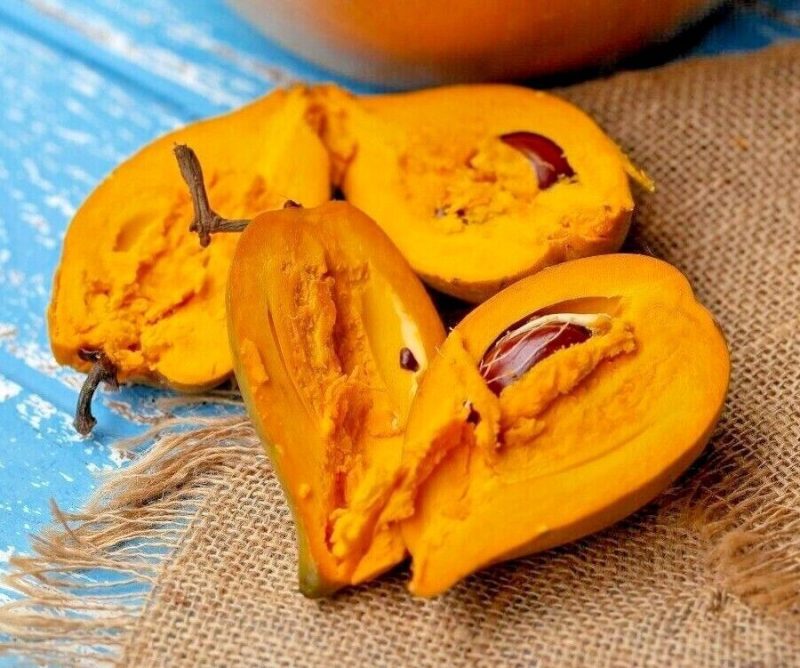
Natural Egg Fruit Dry Leaves Canistel Pouteria campechiana Bark Seeds Herbal Tea
$18.00 – $46.00Price range: $18.00 through $46.00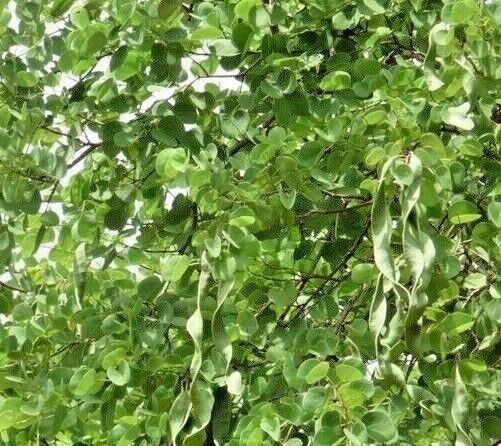
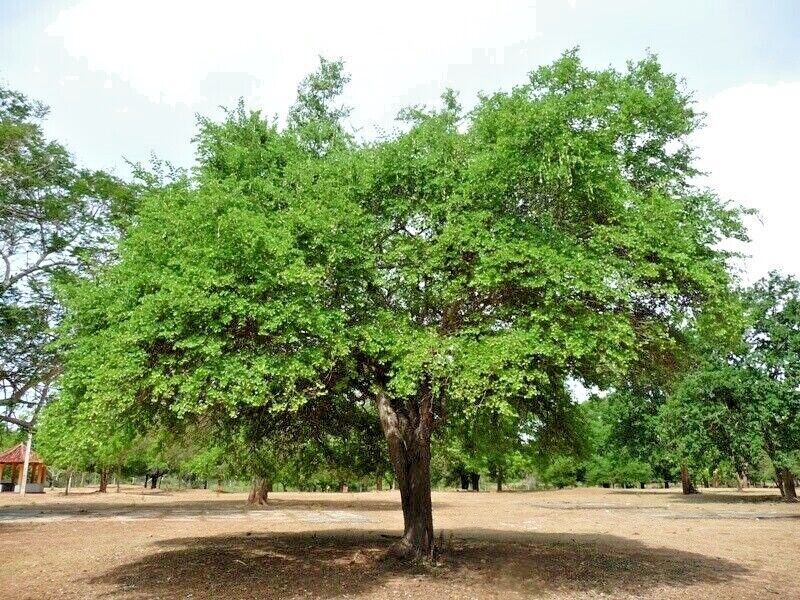
Natural Bidi Leaf Tree Maila Bauhinia Racemosa Piliostigma Dried Leaves
$18.99 – $79.00Price range: $18.99 through $79.00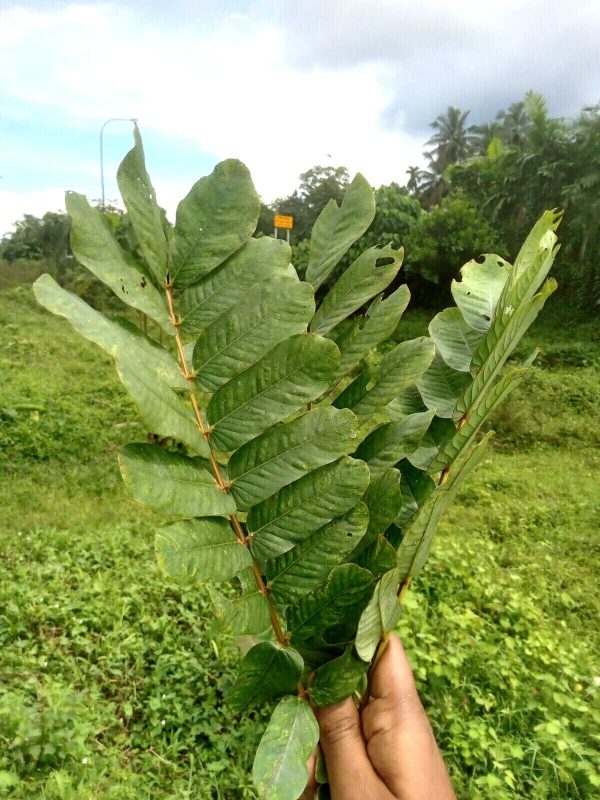
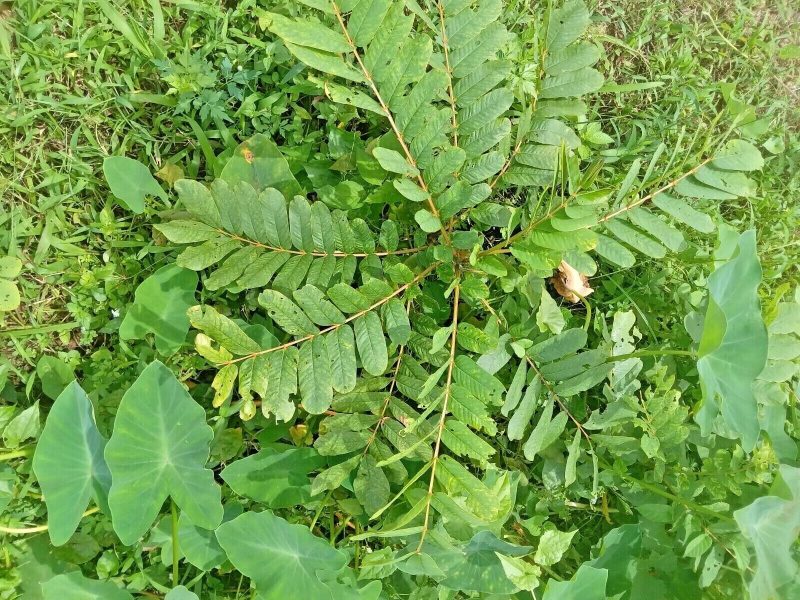
Natural Dried Ringworm Candle Bush Cassia Alata Leaves Skin Care Ceylon Tea
$10.99 – $49.99Price range: $10.99 through $49.99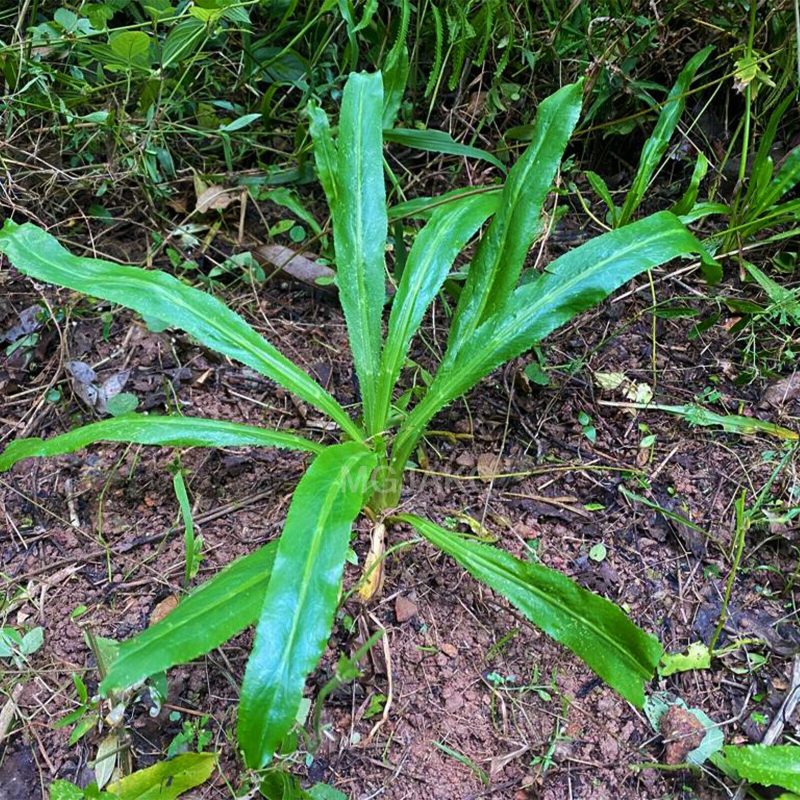

Dried Culantro Long Coriander Culantro (Eryngium foetidum) Leaves & Dry Roots
$13.00 – $69.00Price range: $13.00 through $69.00
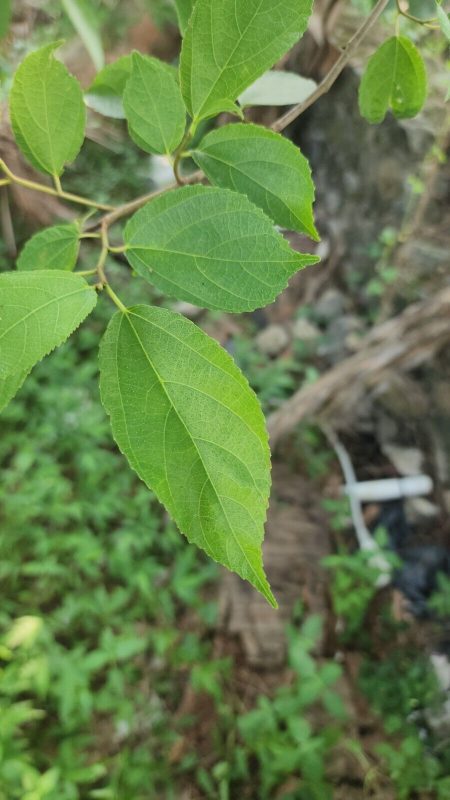

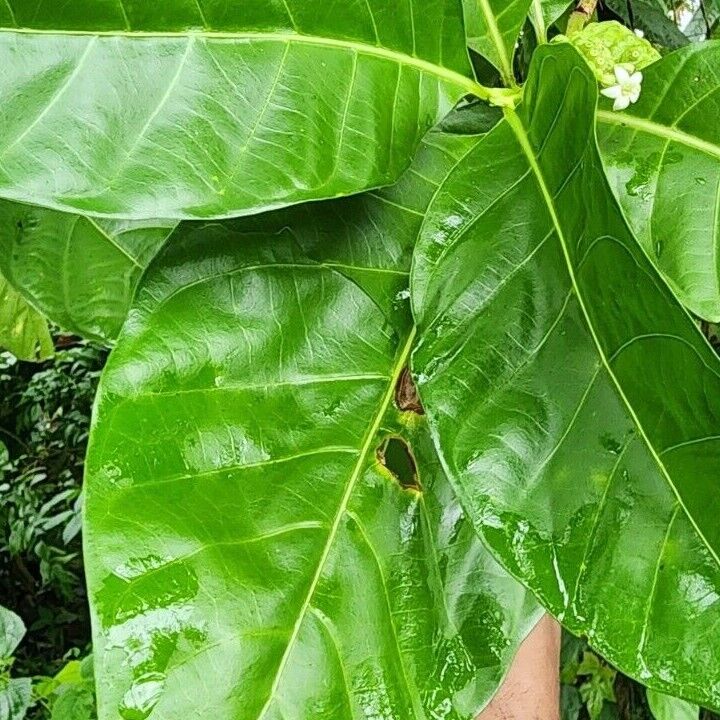
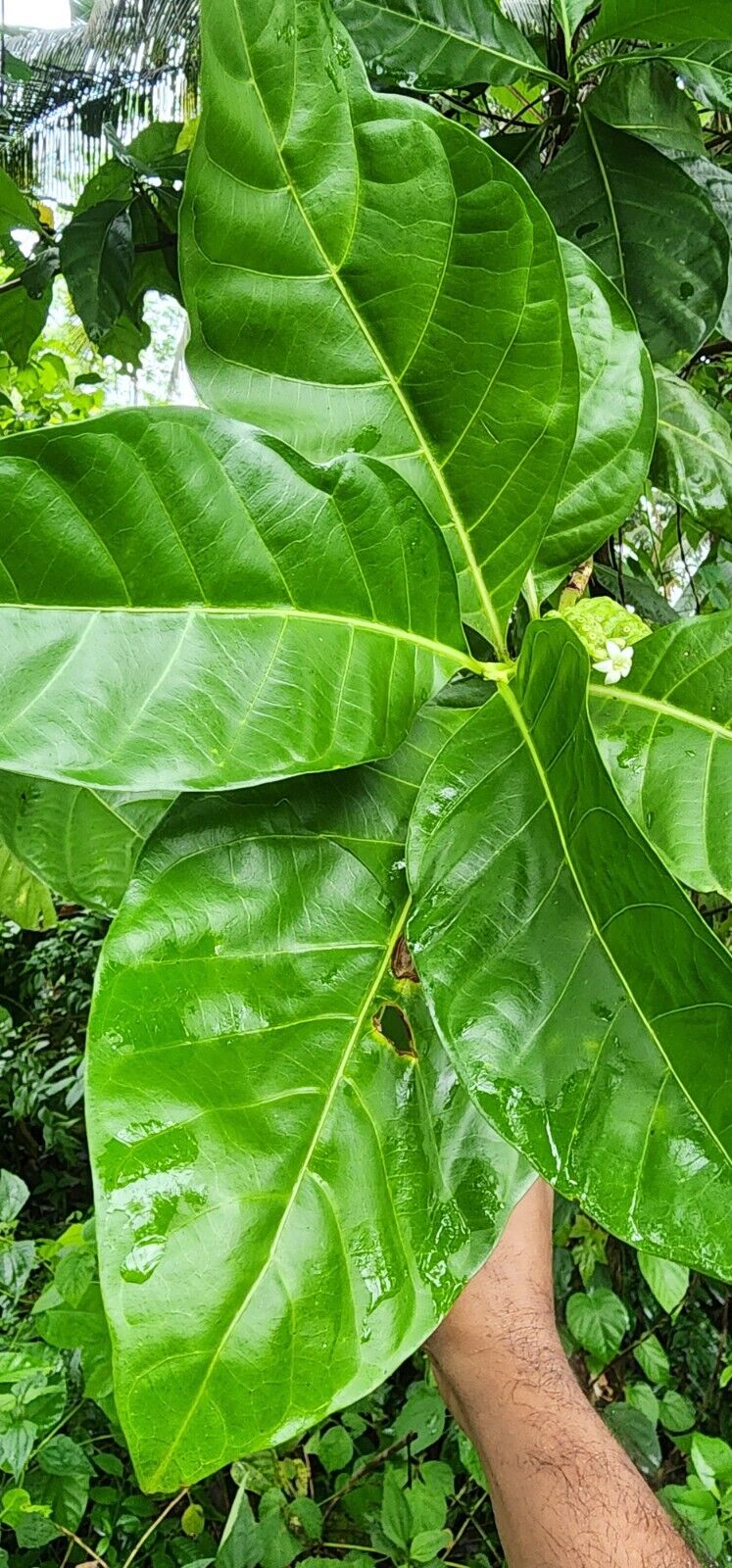
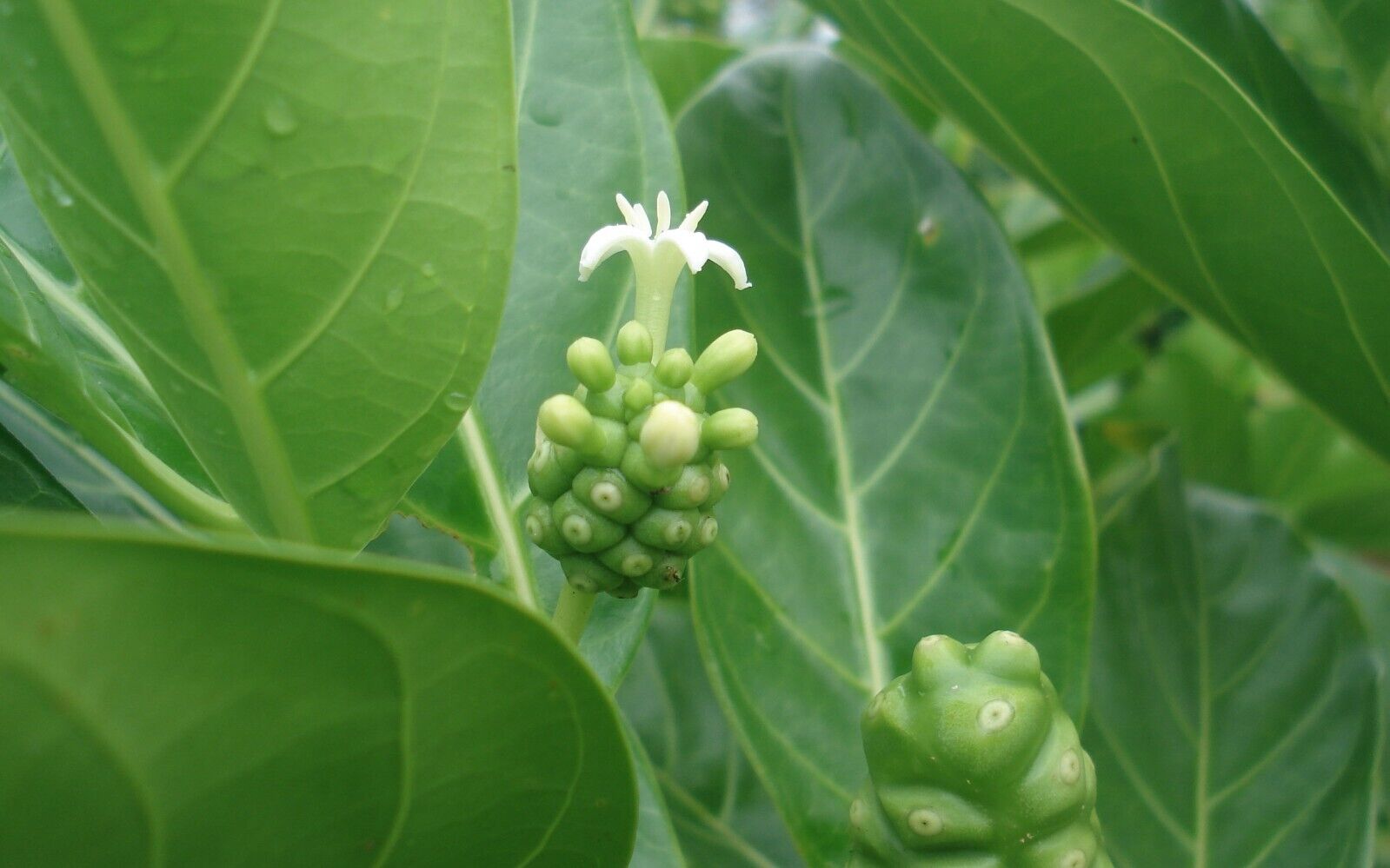
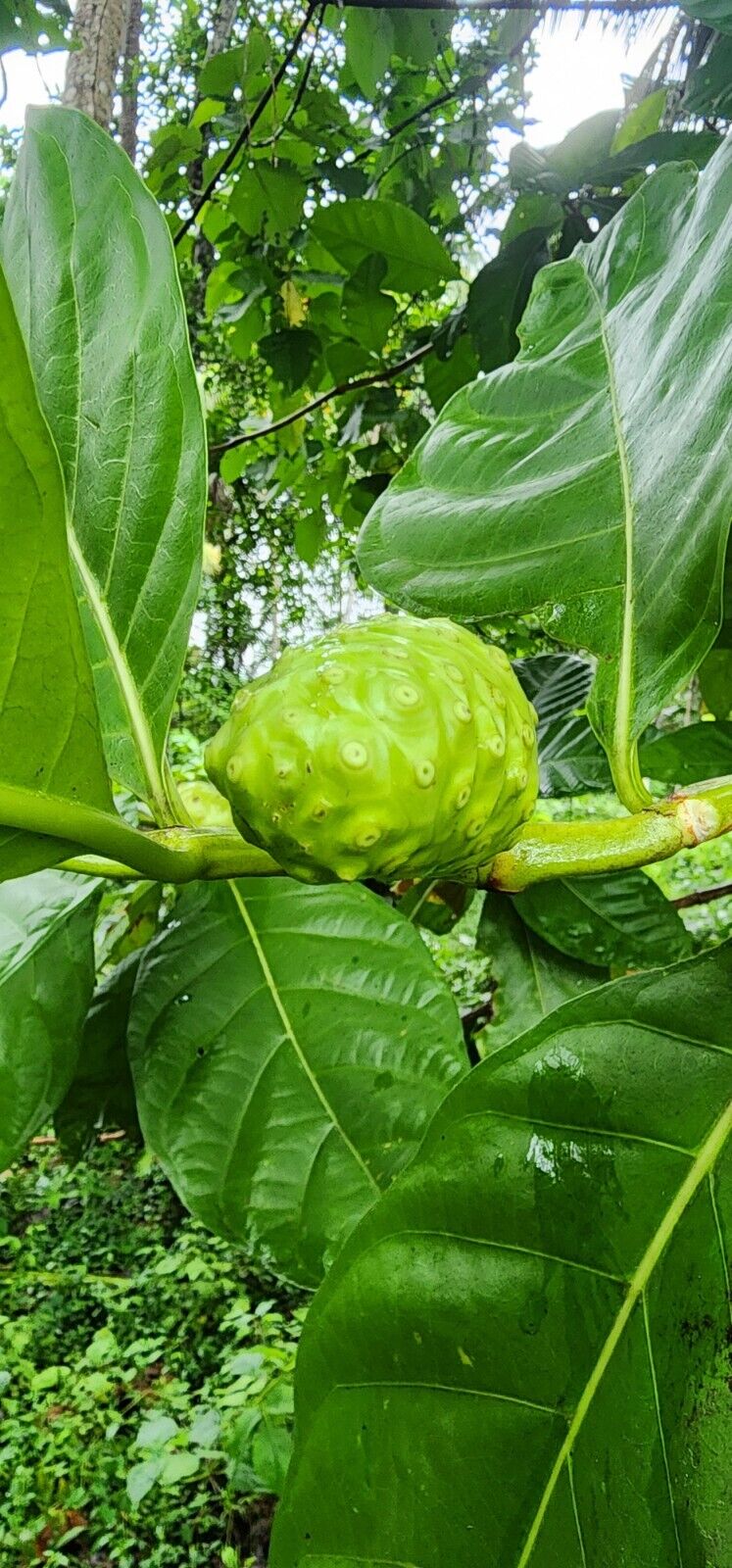
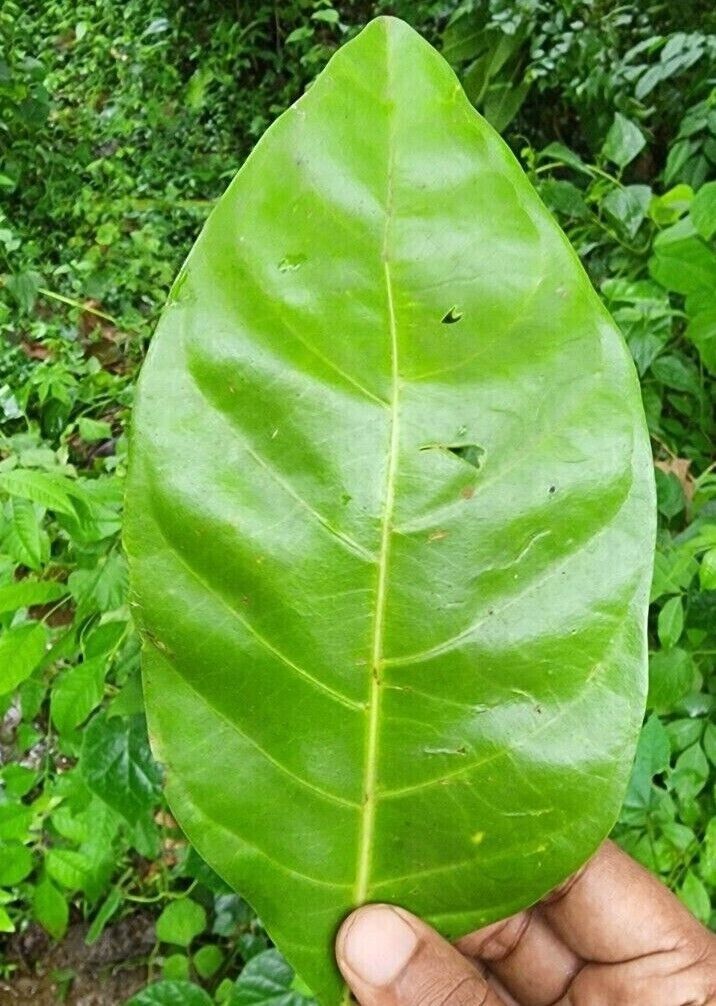
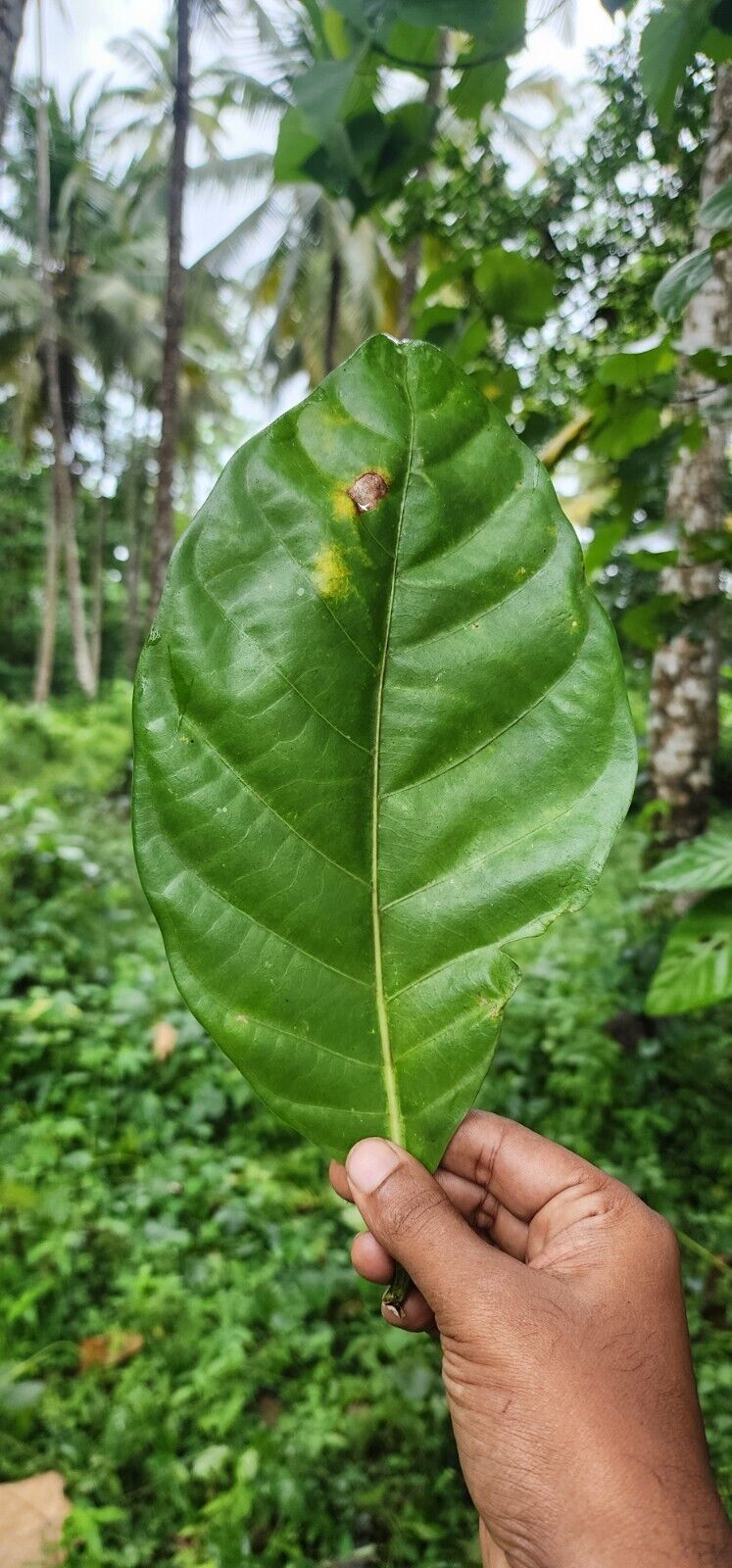
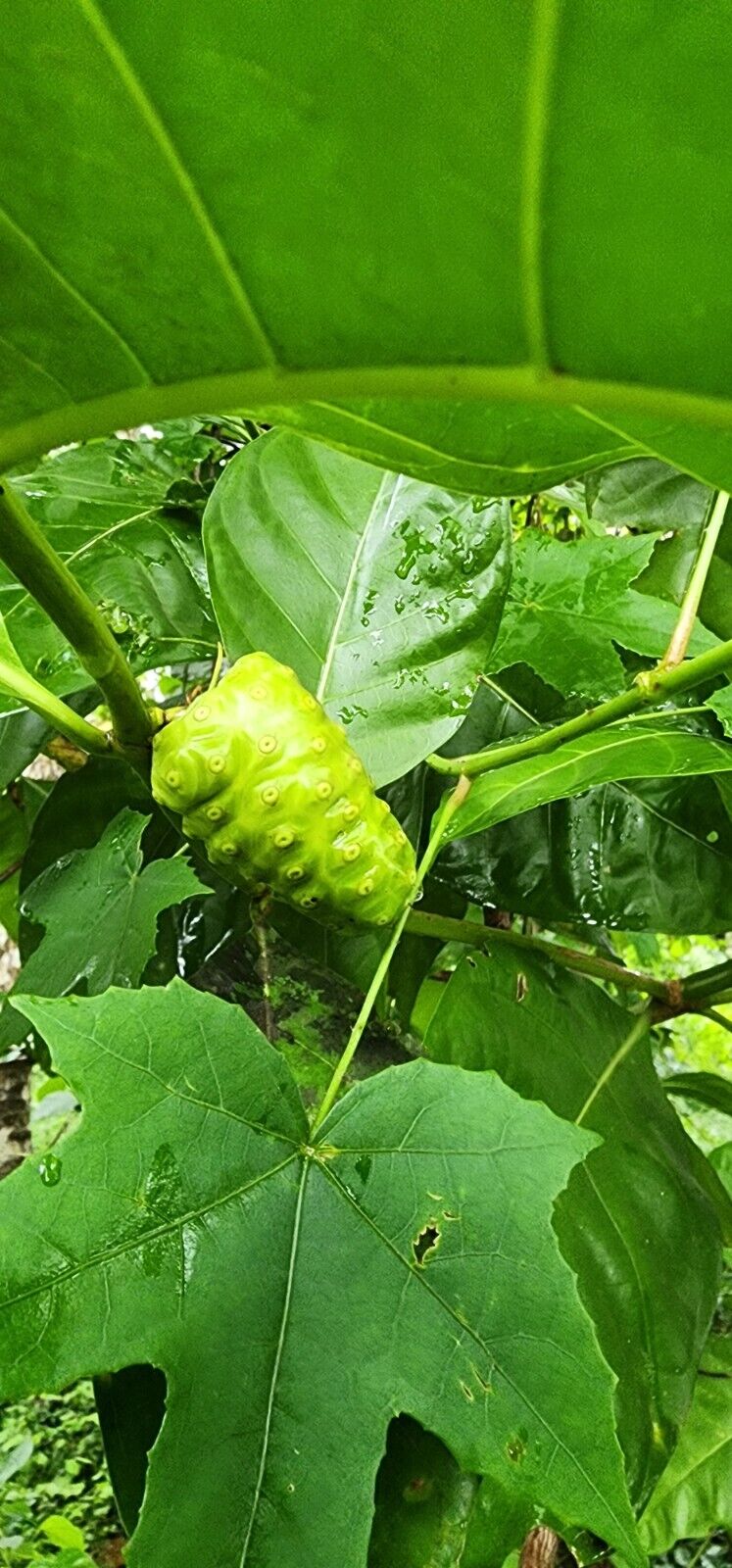
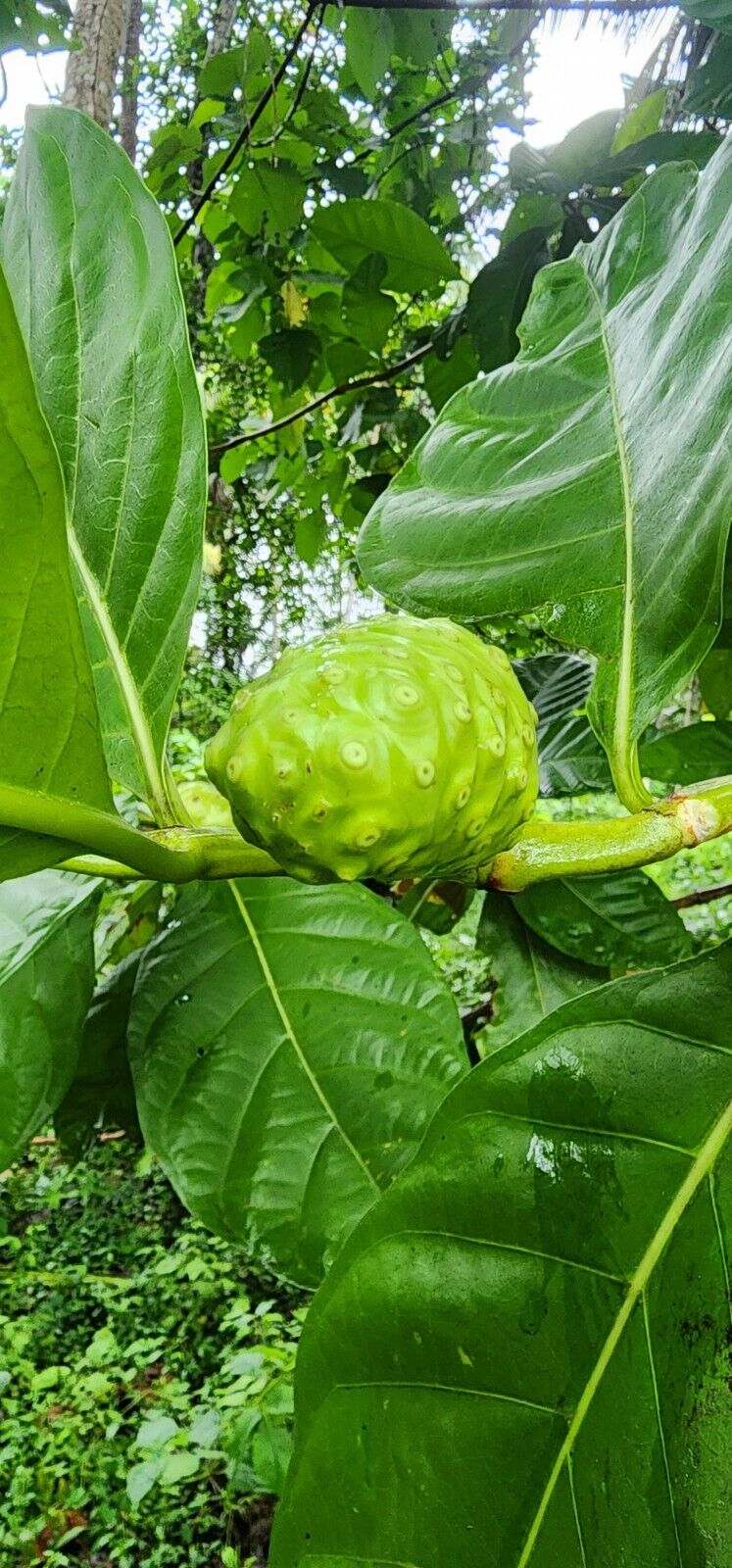
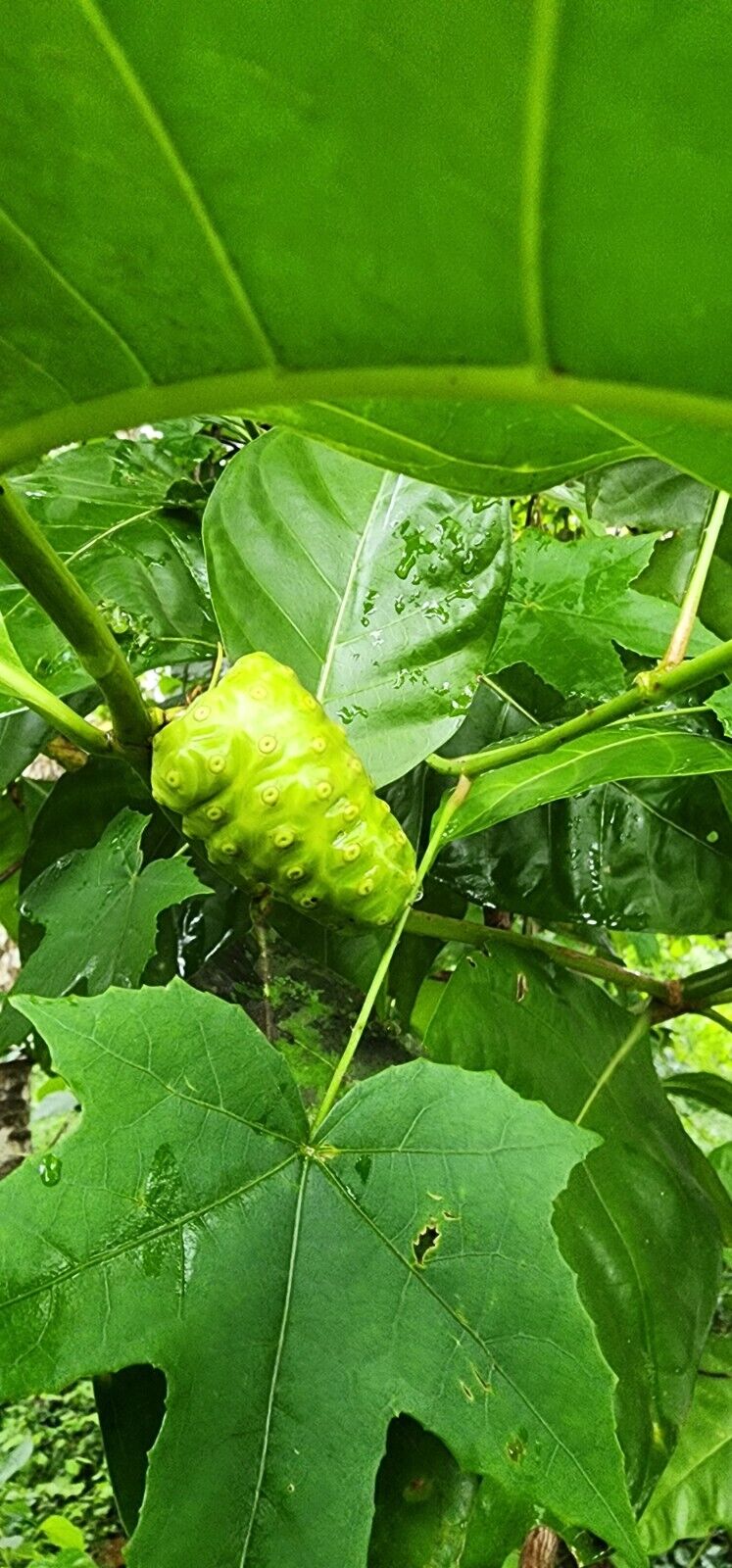
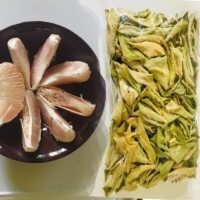
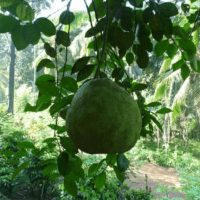
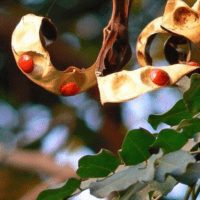
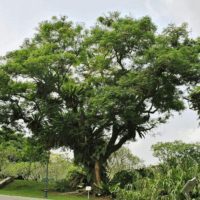
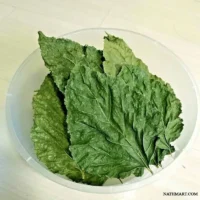
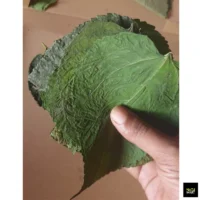
Reviews
There are no reviews yet.